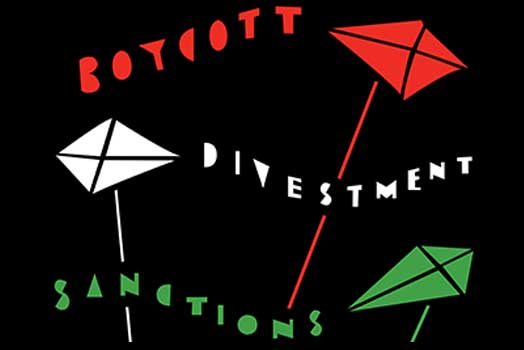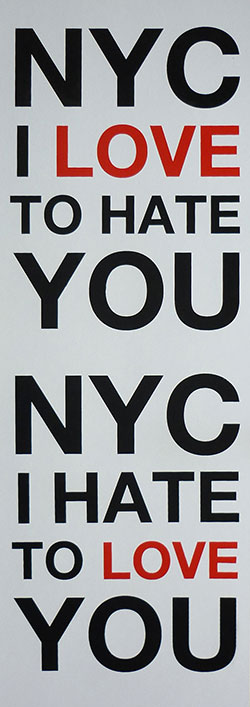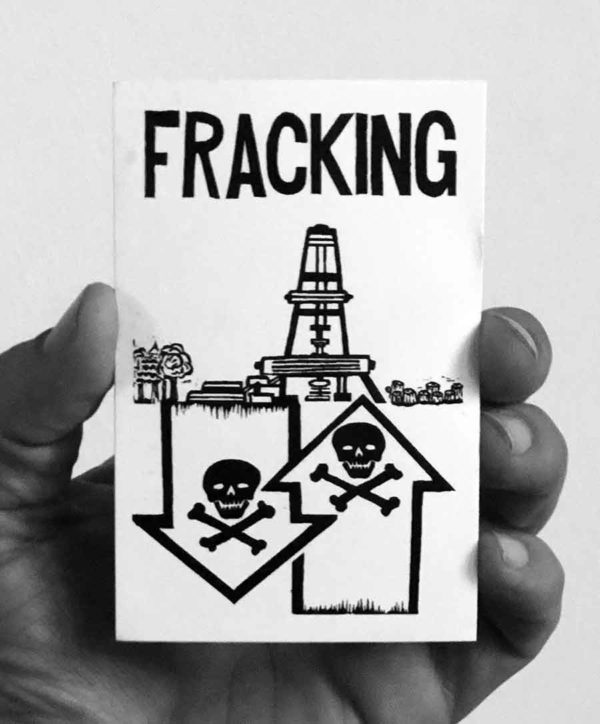Liberating Lipsticks and Lattes
By COLIN MOYNIHAN
Published: June 15, 2009
in the New York Times
They arrived at the Barnes & Noble at Union Square in small groups on Sunday afternoon, proceeding two and three at a time to the fourth floor, where they browsed among shelves holding books by authors like Jacques Derrida and Martin Heidegger.
By 5 o’clock a crowd of more than 100 had gathered. Their purpose: to celebrate the publication of an English translation of a book called “The Coming Insurrection,” which was written two years ago by an anonymous group of French authors who call themselves the Invisible Committee. More recently, the volume has been at the center of an unusual criminal investigation in France that has become something of a cause célèbre among leftists and civil libertarians.
The book, which predicts the imminent collapse of capitalist culture, was inspired by disruptive demonstrations that took place over the last few years in France and Greece. It was influenced stylistically by Guy Debord, a French writer and filmmaker who was a leader of the Situationist International, a group of intellectuals and artists who encouraged the Paris protests of 1968.
In keeping with the anarchistic spirit of the text, the bookstore event was organized without the knowledge or permission of Barnes & Noble. The gathering was intended partly as a show of solidarity with nine young people — including one suspected of writing “The Coming Insurrection” —whom in November the French police accused of forming a dangerous “ultraleftist” group and sabotaging train lines.
As a bookstore employee announced to the milling crowd that there was no reading scheduled for that night, a man jumped onto a stage and began loudly reciting the opening words of the book’s recent introduction: “Everyone agrees. It’s about to explode.”
A security guard tried to halt the unsanctioned reading, but the man continued for about five minutes, until the police arrived. The crowd, mostly people in their 20s and 30s, including some graduate students, then adjourned, clapping and yelling, to East 17th Street. There they formed a rebellious spectacle, crowding into shops and loudly shouting bits of political theory, to the amusement of some onlookers and store employees and the irritation of others.
When the French publisher La Fabrique first issued “The Coming Insurrection” in 2007, it received comparatively little attention. But among those who did take notice were the French police, who began monitoring a group of people, mostly graduate students, living in the tiny mountain village of Tarnac in central France.
Last November nine of those men and women, ages 22 to 34, were arrested and accused of “associating with a terrorist enterprise” and disabling power lines that left 40,000 passengers stranded for several hours on high-speed trains. A spokeswoman for the Paris prosecutors’ office said that one of the nine, Julien Coupat, was believed to have written “The Coming Insurrection.” He has denied being the author but told interviewers in France that he admired the book.
The government eventually released the group — who have come to be known as the Tarnac Nine — pending further investigation, with some opponents of the official action accusing the police of carrying out arrests without sufficient evidence.
Meanwhile, the book Mr. Coupat was accused of writing has developed a small but devoted following. Dozens of anonymous translators have posted the text on Web sites. And Semiotext(e), a Los Angeles publisher that specializes in works by French theorists like Jean Baudrillard and Michel Foucault, published an English-language edition of the book at the end of last month with a print run of 3,000.
Hedi El Kholti, an editor at Semiotext(e), said that the book’s winding up as a key part of a controversial case added to the historical value of its message.
“Everyone is dancing around this notion that publishing a book can take you to jail,” he said recently by telephone. “That a book is an element that can involve you in a trial.”
The slender text is part antimaterialist manifesto and part manual for revolution. The writers expound at length on what they see as a diseased and dehumanizing civilization that cannot be reformed but must, they contend, be torn apart and replaced. To that end the authors direct their readers to sabotage authority, form self-sufficient communes and learn how to “support a conspiracy against commodity society.”
Like the authors of “The Coming Insurrection,” most of those observing its publication on Sunday night refused to identify themselves by name.
“The book is important because it speaks to the total bankruptcy of pretty much everything,” one man said after the group left the bookstore. “We’re living in a high-end aesthetic with zero content.”
Inside the Sephora cosmetics shop on East 17th Street, the crowd chanted, “All power to the communes,” as security guards wearing black T-shirts ordered them back outside. A few minutes later the cry was taken up again as the group marched into Starbucks on Union Square West.
Emile Olea, 28, a customer at the coffee shop who was visiting from San Diego, closed his laptop computer and gazed at the crowd.
“I have no idea what’s going on,” he said. “But I like the excitement.”







